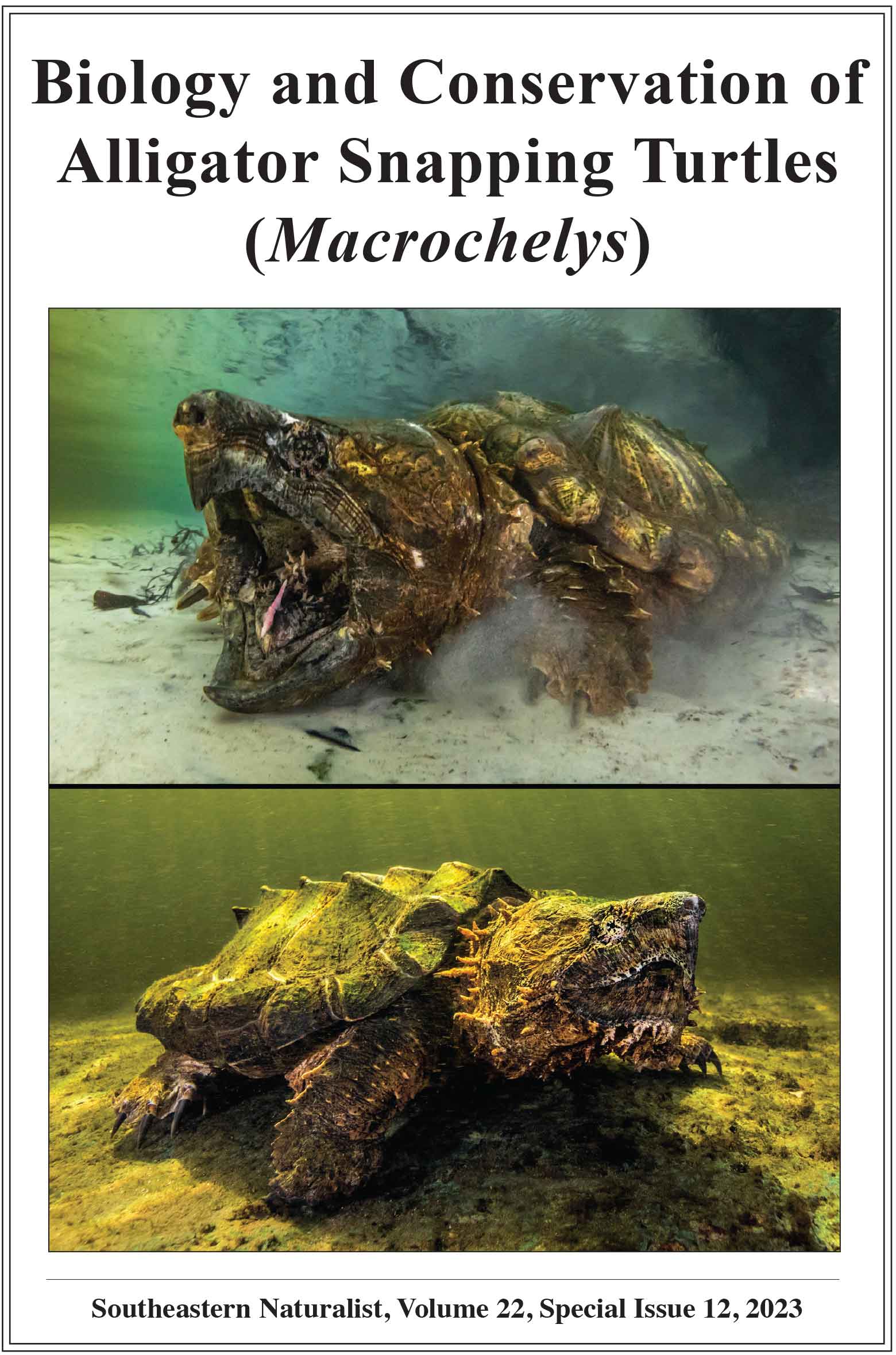Thrips (Insecta: Thysanoptera) Associated with Two species of Live Birds (Cardinalis cardinalis and Zenaida macroua) in Northeast Arkansas
Andrew D. Sweet1,* and David Stanford-Beale2
1Department of Biological Sciences, Arkansas State University, Jonesboro, AR 72401. 2Department of Entomology, Purdue University, West Lafayette, IN 47907. *Corresponding author.
Southeastern Naturalist, Volume 21, Issue 3 (2022): N37–N42
Abstract
Dispersal is an important factor in shaping ecosystems and patterns of biodiversity. However, animals use several different modes of dispersal, each of which can have varying impacts on the ecology and evolutionary history of a group. One of these modes is phoresy, when an animal (the phorant) will temporarily attach itself to another animal (the host) as a means of dispersal. This behavior has been described in many groups of animals, but very infrequently in the thrips (Insecta: Thysanoptera). Here, we report the collection of 2 species of live thrips, Hoplothrips sp. and Neohydatothrips variabilis, from 2 species of live birds, Cardinalis cardinalis (Northern Cardinal) and Zenaida macroura (Mourning Dove), respectively, in northeast Arkansas. Most previous records of thrips associated with birds were from nesting material or found on deceased birds. The presence of thrips on live birds suggests some thrips are phoretic on birds, or at the very least that interactions between thrips and birds are more frequent than previously assumed.
![]() Download Full-text pdf (Accessible only to subscribers. To subscribe click here.)
Download Full-text pdf (Accessible only to subscribers. To subscribe click here.)
Access Journal Content
Open access browsing of table of contents and abstract pages. Full text pdfs available for download for subscribers.
Issue-in-Progress: Vol. 23 (3) ... early view
Check out SENA's latest Special Issue:












 The Southeastern Naturalist is a peer-reviewed journal that covers all aspects of natural history within the southeastern United States. We welcome research articles, summary review papers, and observational notes.
The Southeastern Naturalist is a peer-reviewed journal that covers all aspects of natural history within the southeastern United States. We welcome research articles, summary review papers, and observational notes.